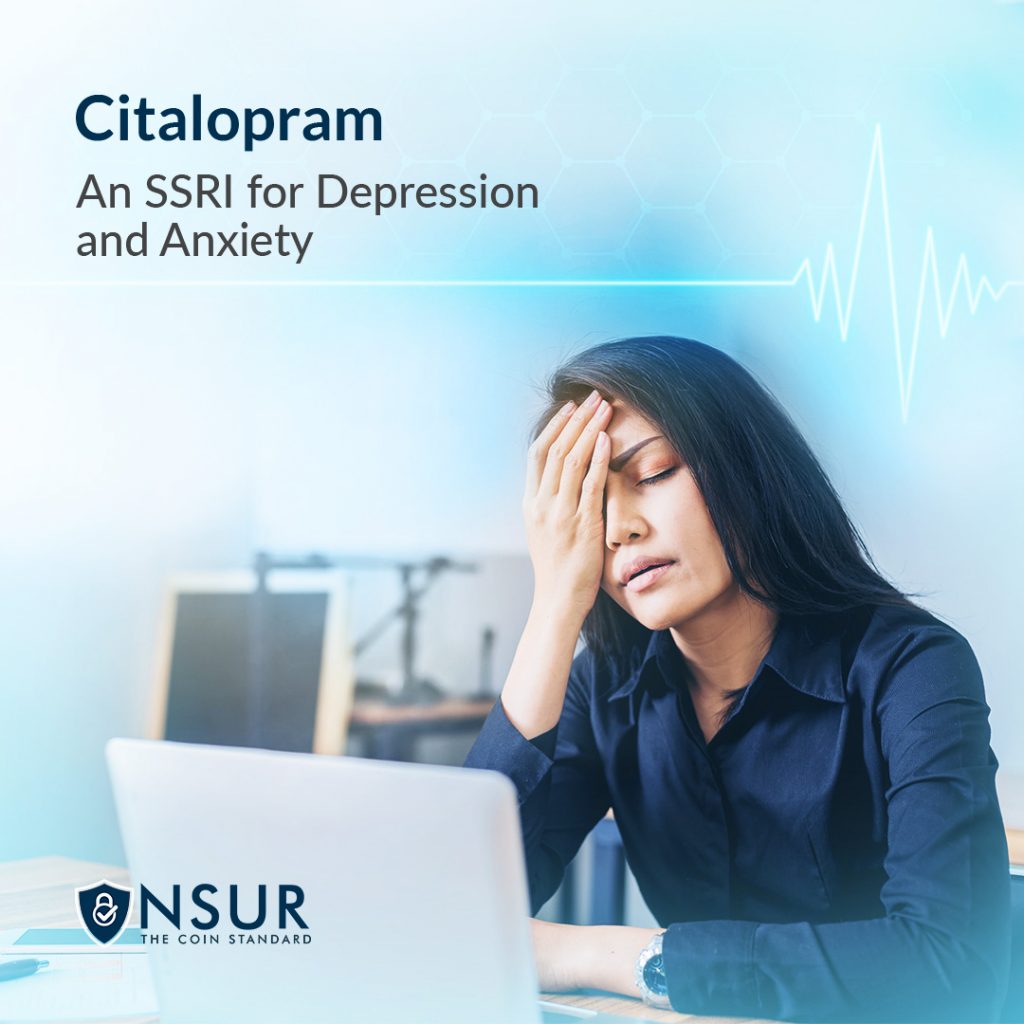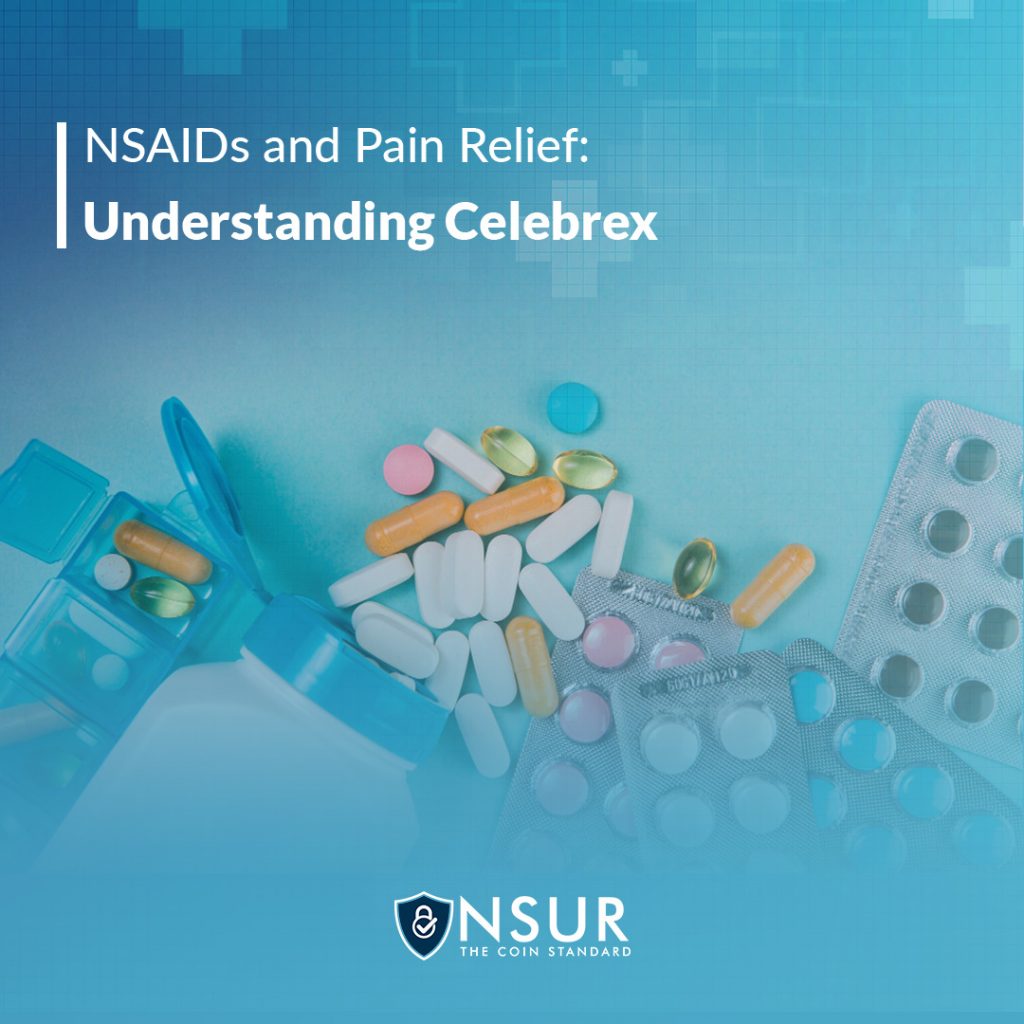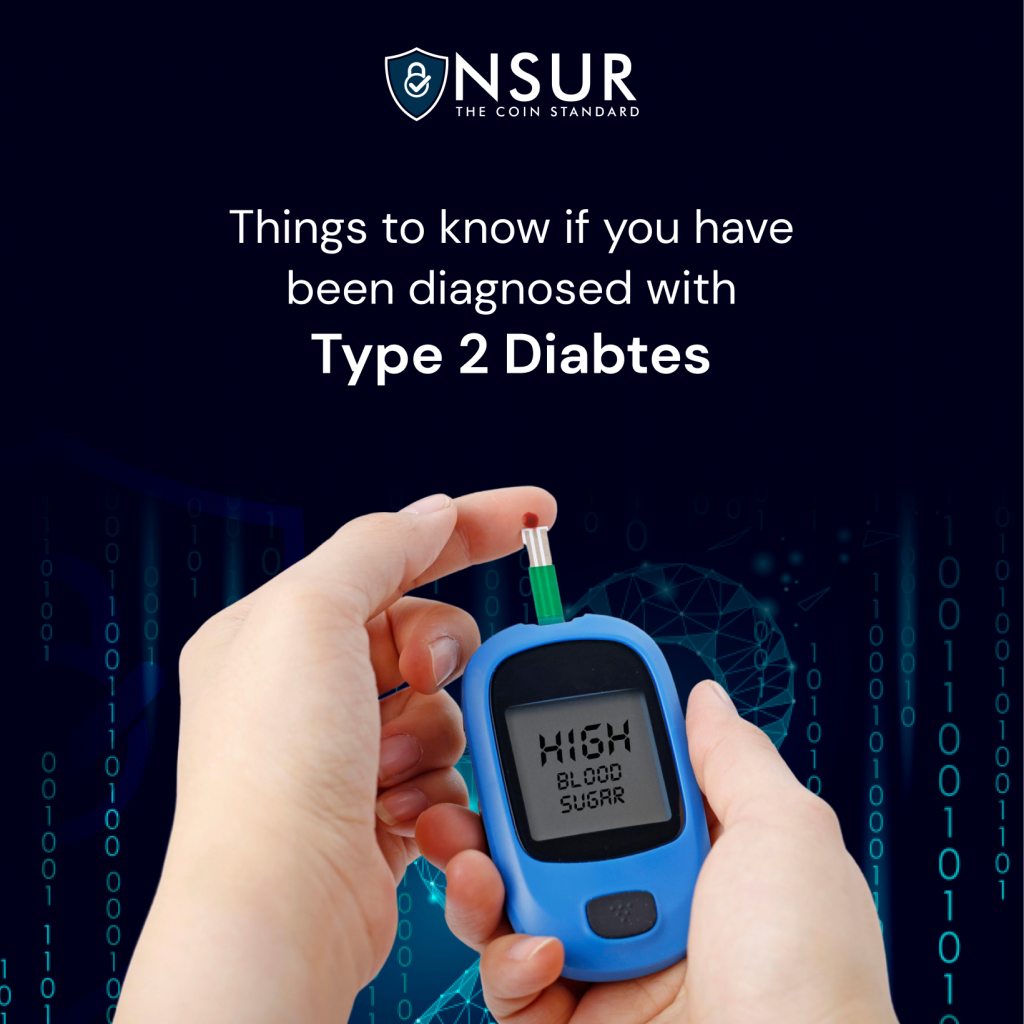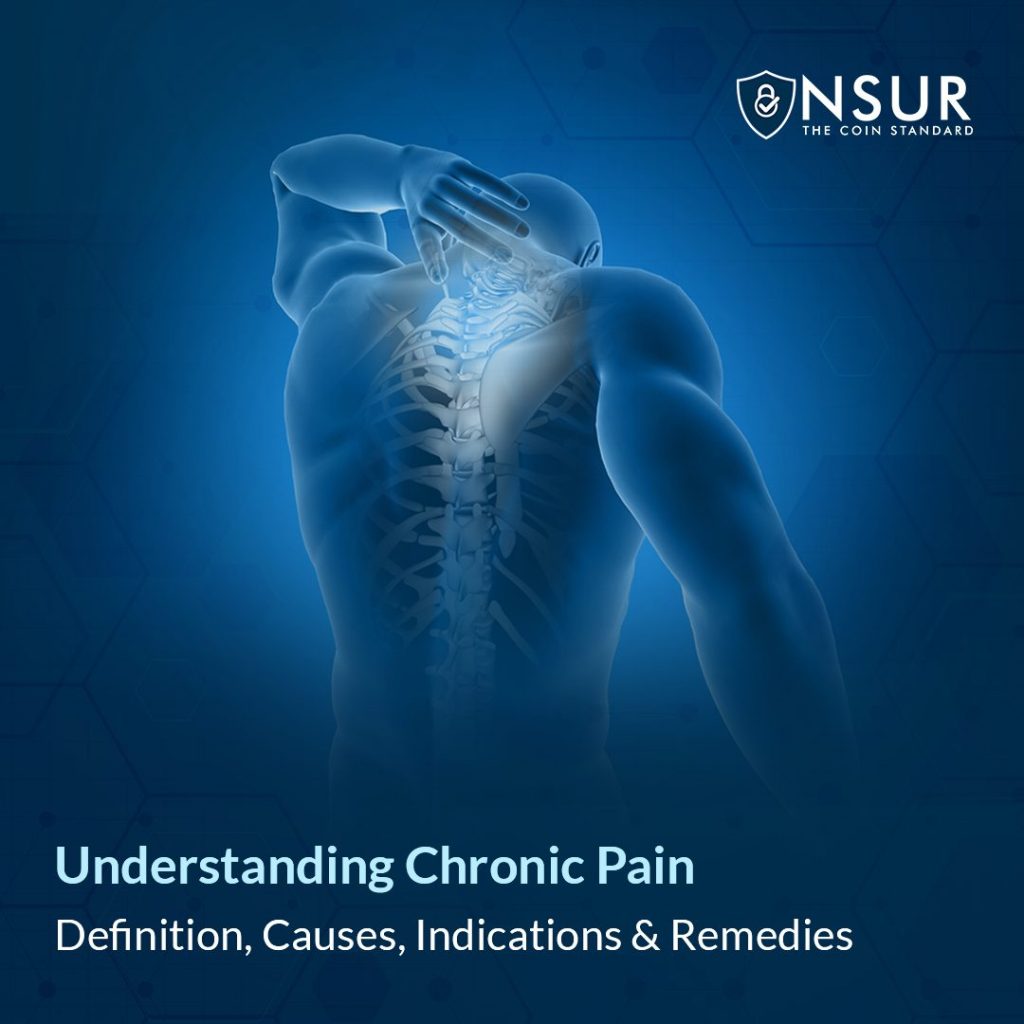
In the realm of mental health, the search for effective medications to treat depression and anxiety has led to significant advancements. One such medication that has gained popularity is citalopram, a selective serotonin reuptake inhibitor (SSRI). In this blog post, we will explore the uses, benefits, potential side effects, and other important considerations related to citalopram.
What is Citalopram?
Citalopram is a prescription medication classified as an SSRI. It works by increasing the levels of serotonin, a neurotransmitter, in the brain. Serotonin plays a crucial role in regulating mood, emotions, and anxiety. By blocking the reuptake of serotonin, citalopram helps maintain higher levels of serotonin in the brain, which can alleviate symptoms of depression and anxiety.
Uses and Benefits:
Citalopram is primarily prescribed to treat major depressive disorder (MDD) and generalized anxiety disorder (GAD). It is also sometimes used off-label for other conditions such as panic disorder, social anxiety disorder, and obsessive-compulsive disorder (OCD). When taken as prescribed, citalopram can help improve mood, reduce feelings of sadness and hopelessness, and relieve anxiety symptoms. Many individuals report an enhanced sense of well-being and a better ability to cope with daily challenges.
Dosage and Administration:
The dosage of citalopram can vary depending on the individual’s condition and response to the medication. It is typically started at a low dose and gradually increased as needed under the guidance of a healthcare professional. The medication is usually taken orally once a day, with or without food. It is important to follow the prescribed dosage and not exceed or skip doses without consulting a healthcare provider.
Potential Side Effects:
While citalopram is generally well-tolerated, it is essential to be aware of potential side effects. Common side effects may include nausea, dry mouth, drowsiness, insomnia, and sexual dysfunction. Most of these side effects are mild and temporary, often improving over time as the body adjusts to the medication. However, if any side effects persist or become severe, it is crucial to consult a healthcare professional for guidance.
It is important to note that in rare cases, citalopram and other SSRIs may increase the risk of suicidal thoughts or behavior, particularly in young adults and adolescents. Therefore, close monitoring by a healthcare provider is necessary, especially during the initial weeks of treatment or when changing the dosage.
Precautions and Considerations:
Before starting citalopram or any other medication, it is important to inform your healthcare provider about any pre-existing medical conditions, allergies, or other medications you are taking. Citalopram may interact with certain medications, including other antidepressants, antiplatelet drugs, and nonsteroidal anti-inflammatory drugs (NSAIDs), among others.
It is crucial to follow the prescribed dosage and not discontinue the medication abruptly without consulting a healthcare provider. Gradual tapering off of citalopram is generally recommended to prevent withdrawal symptoms.
Take advantage of NSURx for your prescription drugs!
With the NSURx Prescription Benefit Card, you can save money on your medications at more than 35,000 pharmacies across the United States.
You can save up to 80% on your medication by using an NSURx card. Hundreds of dollars in savings could be yours every time you fill out your prescription.
The more you shop with NSURx, the more NSUR Coins you will receive as a reward.
Citalopram, an SSRI medication, has shown effectiveness in treating depression and anxiety disorders. By increasing serotonin levels in the brain, it can help alleviate symptoms and improve overall well-being. As with any medication, it is important to consult a healthcare professional for a proper diagnosis, prescription, and ongoing monitoring.
If you or someone you know is struggling with depression or anxiety, reach out to a healthcare provider who can assess your specific needs and discuss potential treatment options, which may include citalopram or other suitable alternatives.
References:
Disclaimer
This blog post is intended for informational purposes only and should not be considered a substitute for professional medical advice. Always consult with a qualified healthcare provider for personalized recommendations and guidance.











